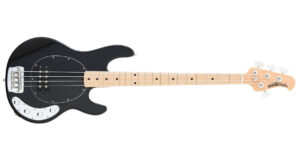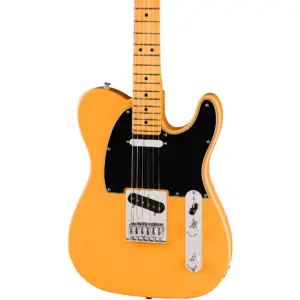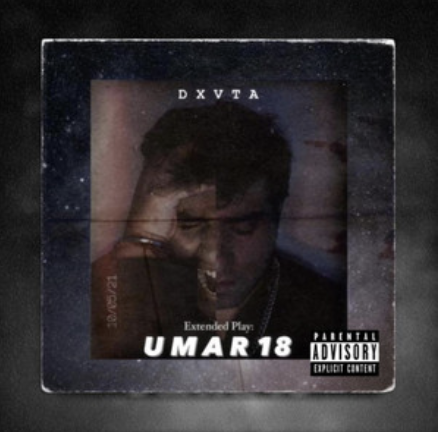Delhi boy Dev Kumar AKA Dxvta has a bone to pick with an unforgiving world. His spitfire EP Umar 18 is a chronicle scribbled in rage that, despite it’s less than polished edges, reveals poignant artistry and unbeaten humanity.
Maar peet dekhi aath (8) saal ki umar se hi
Maa ne pakda kaskar boli beta kar fikar nahi
Sawera hoga jald iss andhere se tu darr nahi
Gulab tu pakad kabhi tu haath mein patthar nahi
Khoon se mein rangi tu aa let meri godi mein
Raat kaafi lambi ye tu soja meri lori se
- Cheekh
The album traces the trauma-laden origin of a 4 year old boy who watches his mother endure domestic violence and abuse. Amidst a blood-splattered life, she pleads with her son to give women with the basic human decency she suffered without
Dxvta’s poetic imagery is raw, jarring (Khoon se main rangi…), and a stand-in for a tender vulnerability he was never allowed as a child.
From the first track, the listener has to deal with the discomfort of listening to a painfully young boy’s anguish, and yet, becomes almost unwillingly fascinated by the power of his naked, unsavoury truth.
Khwaab spirals further into the bruised mind-hole of the battered boy. He paints a harsh picture of depression, anxiety and suicidal ideation; a cry of help shoots across the soundscape:
Mein// chillau o bachalo mujhko
Salah do mujhko ya uthalo mujhko
The helplessness underpinning his anger becomes crystal clear. While the verse is immature, still struggling to find balance and eloquence, it’s truth-telling capability gives it the emotional charge needed to compel listeners’ attention.
At this point, a 30-second skit Dev Rou Raha Hain slices in. It plays out a desolate story of being abandoned in your darkest time by those you imagined wouldn’t leave you behind. In a handful of words, Dvxta’s origin story becomes clear, his wrath justified, his despair inevitable.
Wafa targets a lifetime of deceptive “friendships” – human relations that have weaponized loyalty (wafa) instead of offering refuge.
Wafa ko giraado
Wafa ko haraado
Wafa se todho
Mujhe
…..Wafa se dafna
Mujhe
At this juncture, however, the artist takes a turn – from face-shoved-in-the-ground to clawing out his share of success and assertion. You see some of Dxvta’s most elegant vitriol in this track
Galle pe chain, mein bana gangsta rapper
-Baat cheet esi, saala lelu teri kehkar
Sajje kharoch, yaha pohocha kaafi sehkar
Meri zameen, duniya baantu mein sector
The last two songs, Humble and Umar 18 behold the artist comfortable in his own power:
Vibe banani hai, Hype banani hai
Dost nai babe, tribe banani hai
Slide karana hai, Glide karana hai,
Aam Kaam kachha, ripe karana hai
His ascension is heartening, and his verse expands to accommodate the breadth of his ambition. From broken boy to battle-worn man, Dxvta weaves a compelling tale of strife and triumph.
Dev’s voice is memorable, spiced with something between a lisp and a hiss, perfect for imbuing spirit into his powerful poetry. His beats waver somewhere between lo-fi and fearsome, a surprisingly apt palette for mixing up splotches of agony, distress and mastery.
Verdict: Umar 18 is unrefined with scraggly edges. There is much to sculpt and mould, but make no mistake, it does what hip-hop, beyond all autotuned frills, has always been doing: being real.








